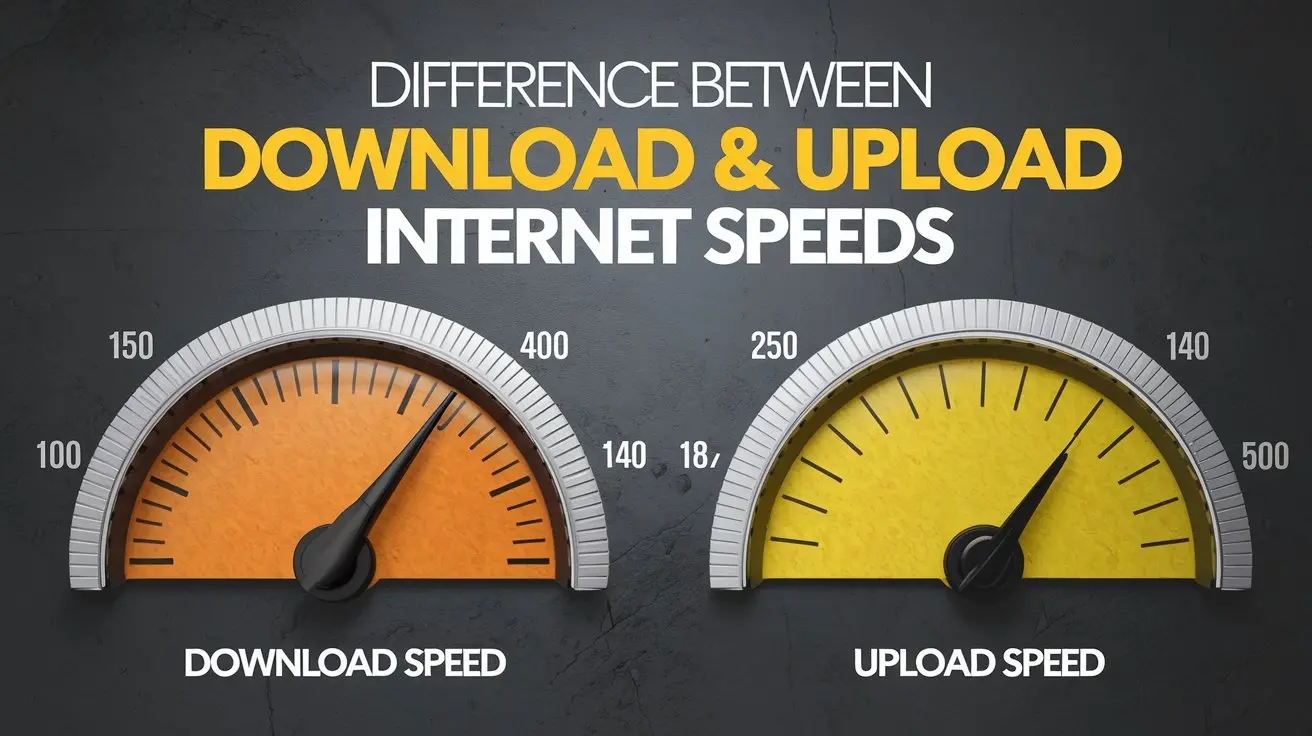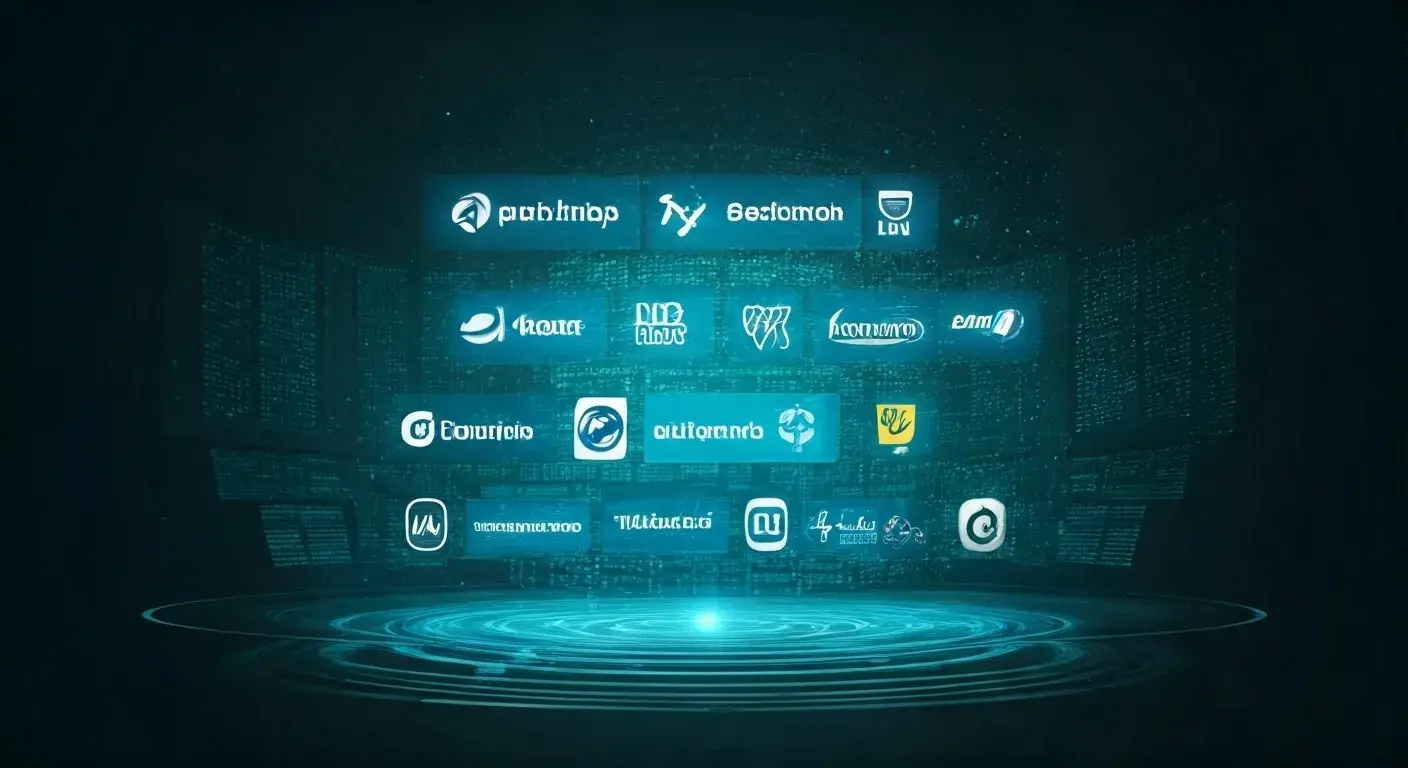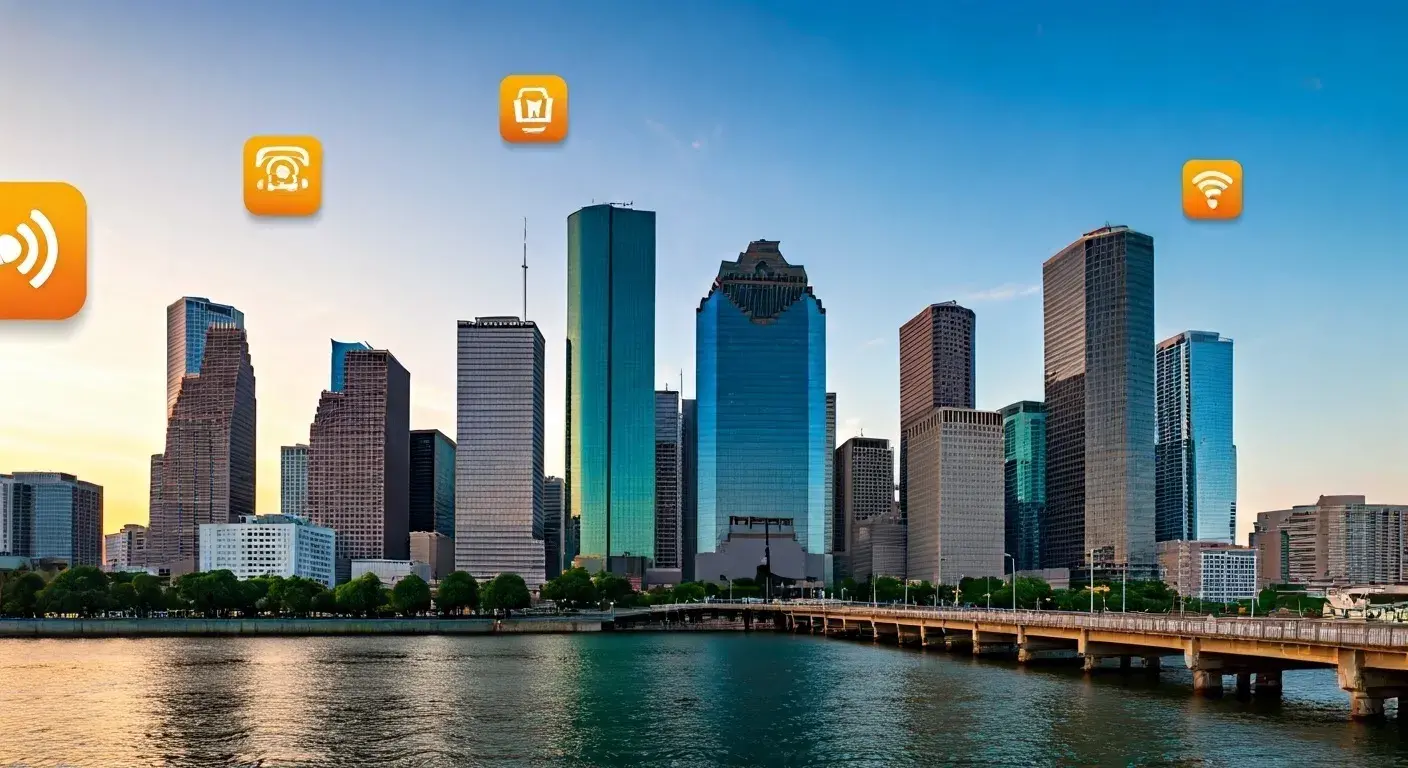
Unfortunately, in the contemporary world, having a stable and guaranteed fast connection to the Internet is a key necessity. Whether you are on your business or studying from home, participating in online classes or streaming your favourite series and movies, a high-quality internet connection is the key to comfortable work and leisure. But do you know that when the internet speeds are being provided in terms of Internet Kilo/ Mega Bytes Per Second, there are two types? Yes, you read that right! There are download and upload bandwidths which are an important factor that may define the speed at which one performs on the internet.
1. Download Speeds: Understanding the Basics
First of all, it is pertinent to state what download speeds are. Download speed also describes the amount of data flowing from the internet to your device per unit of time. For example, when you are streaming a video on YouTube.com or downloading a file, your device is physically retrieving that information from the internet and retaining it in your particular device. The time taken to download this data is referred to as the download speed.
For instance, if your internet plan speeds says 100 Mbps then it means that your device can download a hundred megabits of data to its storage at a go in one second. A higher download speed enables the user to upload and download files, stream videos and browse the internet rapidly. For clarity, with regards to download time: A movie of 5GB (which is approximately 6.25MB) would take about 20 minutes at 100 Mbps.
2. Upload Speeds: This half of the equation refers to what we need to provision to consumers.
Download speed defines the capability of a connection in downloading data from the internet while the uplink speed defines the ability of the connection in uploading data to the internet. Upload speeds come in handy often when transferring bulk content, sharing pictures on social media platforms, or conducting video conferencing among other uses. With higher upload speeds downloads, file transfer, live video streaming and conferencing become easier without any latency.
For example, if your internet service provider gives an upload speed of 10 Mbps, then your device can transmit 10 megabits of data to the internet per second. Even though uploads are normally slower than downloads, a faster upload speed is particularly important if you are working with large files or video streaming.
3. Why Download and Upload Speeds Must Be Taken into Equilibrium
It is therefore important in today’s world to obtain a good balance of download and upload speeds. For example, one can get by with having a low download speed, which may be adequate for purposes such as browsing or reading email, while one needs higher upload speeds, which may be required for video conferencing and such. This means if the speed of the upload your network enables is lower, you may face a situation when video and voice calls freeze or freeze.
4. Real-World Implications
Achieving a balance of download and upload speeds can greatly improved or is crucial to improve the general experience on the internet. Here are some real-world examples:
- Online Gaming: Gaming demands that one has both a good download and an equally good upload speed. Although downloading is responsible for the loading of the game assets and content in general, uploading allows for proper flows of communication between the players and the servers.
- Remote Working: If you are working from home you will need enough download speeds to utilise files and other resources. However, for video calling, and screen sharing, while working with the remote team, the upload speed is very important.
- Video Streaming: A higher download speed means that videos get to load faster and play without buffering. On the other hand, a better upload speed decreases the amount of buffering and increases the general streaming quality.
5. Where and How to Get the Right Internet Plan for You
When selecting the internet plan it is paramount to understand the specific needs and the activities one is likely to undertake on the internet. If you are a power user downloading large files or watching movies or videos online, then more emphasis should be placed on downloads. On the other hand, if you use many files, video conferences, or online games, the emphasis may be placed on the upload rate.
Conclusion:
A consumer must distinguish between download and upload speeds before choosing the right internet plan. This way you will have the best of both worlds so that you can have a great internet experience as you stream, game, work or learn online. There are things like download and upload speeds out there and they all contribute to what we can term the overall bulbs of the internet. Therefore, the next time you are in search of an internet plan, consider the download and upload speeds and get into the right plan that would suit your needs.






